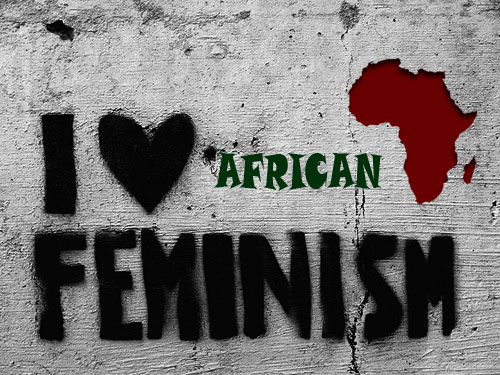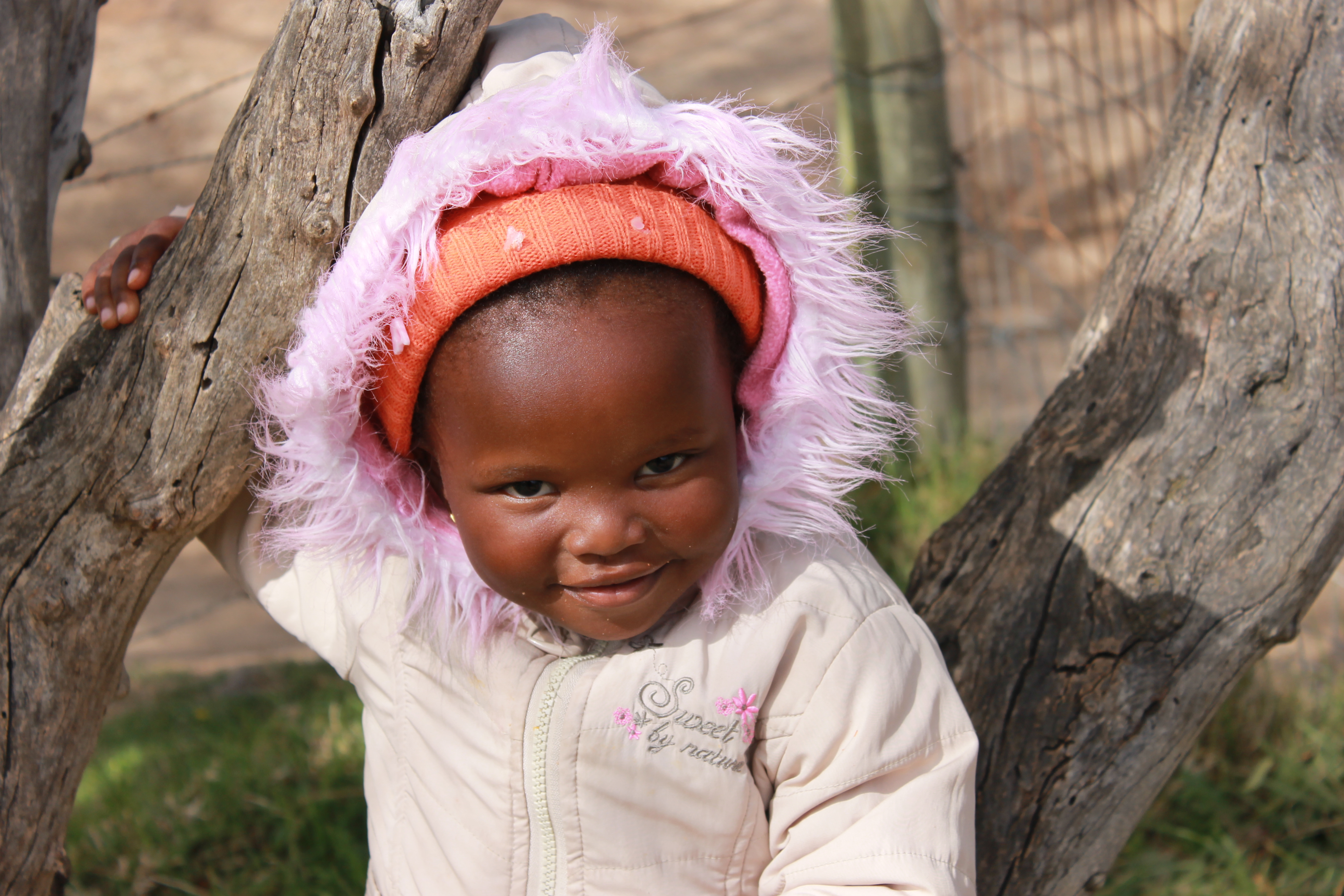Given the tensions that exist within and around African feminism, I was pleasantly surprised to find (and get to know) three amazing organizations that have found a way to strike a balance between engaging all kinds of women from where they are and empowering women who already identify as feminists…
-
-
Black Lesbian Self-Love Now Comes in a Bottle: HONEY & GOLD Elixir
A Black lesbian organic herbalist and entrepreneur, who specializes in women's wellness, just started a social venture mass manufacturing her signature organic elixir, HONEY & GOLD, described as a "pleasure and beauty tonic." Pleasure and beauty tonic? Please sign me up immediately.
-
Africans for Africa - Blog - Creative Corner - Organizations - Philanthropy - Special Series - Videos
[VIDEO] Africans for Africa Update: A Day at The Ibhabhathane Community Centre
I recently visited the Ibhabhathane Community Centre, the only pre-school available in Rieebeck East, a small farm village with a population of about 700 people. Needless to say, providing good quality education (much less early childhood development) is a challenge. But a small group of dedicated women are making a…
-
It Takes a Village: Fikelela Shelter for Orphans with HIV/AIDS Fosters Community Advocacy
"It takes a village to raise a child" comes to mind when I reflect on my visit. Inspired by a woman's wish to build homes for children orphaned by their mothers dying of HIV/AIDS (and who most likely would end up HIV+ themselves), I expected a hospice when I arrived.…
Online rulet oyunları gerçek zamanlı oynanır ve online slot casino bu deneyimi canlı yayınlarla destekler.
İnternet üzerinden eğlence bahsegel giriş arayanlar için deneyimi vazgeçilmezdir.
Kullanıcıların hesaplarına hızlı ve sorunsuz bettilt ulaşabilmesi için adresi her zaman güncel tutuluyor.



